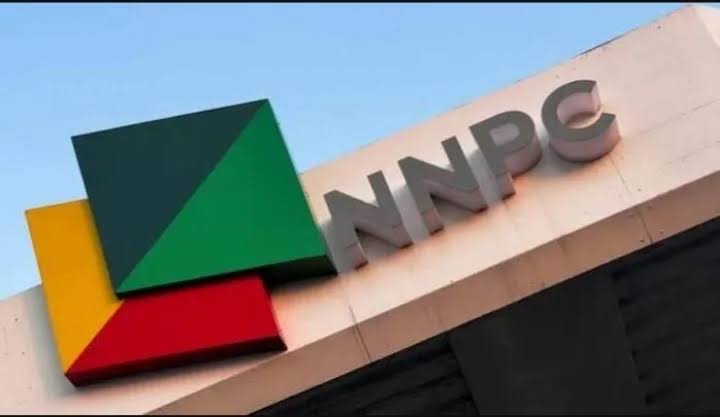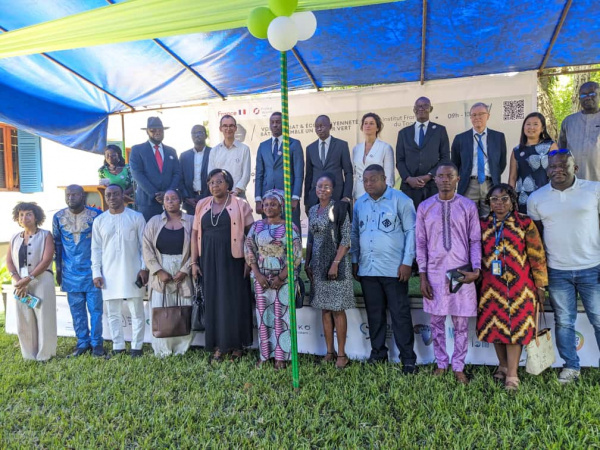A new push to grow gas infrastructure in Nigeria is gaining strong momentum, and the Nigerian National Petroleum Company Limited (NNPC Ltd.) is leading the charge. At the center of this renewed energy drive is the strategic expansion of the country’s liquefied natural gas (LNG) capacity.
Engr. Bashir Bayo Ojulari, the recently appointed Group Chief Executive Officer of NNPC Ltd., has emphasized the importance of long-term investment in gas. According to him, Nigeria’s energy future depends heavily on maximizing its vast natural gas reserves. For that reason, the company is ramping up efforts to improve infrastructure and streamline LNG exports.
Read more: Nigeria First Lady Prioritizes Well-Being of Nigerians at Ikorodu Ceremony
Speaking confidently about the direction NNPC is headed, Ojulari described the ongoing NLNG Train 7 project as critical to Nigeria’s global energy goals. This massive infrastructure development is not just a project—it’s a cornerstone in the company’s master plan to unlock value from the gas sector.
With global demand for clean energy rising, natural gas is playing a bigger role than ever before. Countries worldwide are looking for reliable suppliers, and Nigeria is well-positioned to fill that gap. NNPC is seizing this opportunity by prioritizing projects that increase gas production and improve the logistics required for safe export.
The NLNG Train 7 project, once completed, will boost Nigeria’s LNG production capacity by over 30%. That kind of increase doesn’t just bring more foreign revenue—it creates jobs, strengthens local industry, and reinforces Nigeria’s role as a key global player in the gas market.
Investments in gas infrastructure don’t stop at production facilities. Pipelines, storage systems, and export terminals are all part of the broader plan. Ojulari pointed out that a strong supply chain is essential for long-term success. For NNPC, every link in that chain must be modern, efficient, and sustainable.
This new leadership era at NNPC is focused on action. Rather than just making statements, the company is aligning its plans with timelines and results. That shift is already building confidence among stakeholders and potential investors.
Meanwhile, industry observers have praised the clarity and ambition behind Ojulari’s vision. They agree that Nigeria must move beyond oil and fully tap into its gas potential. Experts say projects like Train 7 will set the pace for others to follow.
The public is also watching closely. Communities near gas infrastructure sites are eager to benefit from improved power supply, economic development, and better job opportunities. As more of these projects move from the drawing board to real progress, expectations are rising.
In the coming months, NNPC plans to share more updates on infrastructure upgrades, regional partnerships, and export strategies. For now, one thing is clear—the company’s strategy for gas infrastructure is no longer just talk. It’s a focused movement, backed by leadership that understands what’s at stake and what’s possible.
Nigeria’s energy future is shifting gears, and with Ojulari at the helm, NNPC is making gas the engine.









